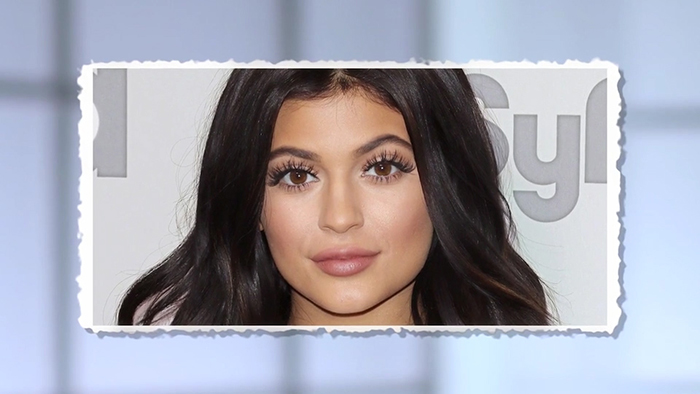Mention plastic surgery and teenagers in the same sentence and a lot of people – both doctors and the public – see red flags of warning rise quickly. Even so, a number of board certified plastic surgeons say given the right circumstances and needs, providing responsible, ethical surgical options is a great option for a select group of young people who may need help.
If it’s for a boyfriend, no
Certainly when or if a young woman in her teens comes into Dr. William P. Adams Jr.’s plastic surgery office in Dallas and implies that she wants a breast augmentation in order to attract a boy who’s caught her eye, the surgeon politely declines.”The red flags are automatically up and flying if a young, teenaged woman comes in talking about boosting her popularity,” he explains.

The first step in understanding what types of surgery are right for teens requires an understanding of the above: purely cosmetic improvement is frowned upon. And yet, some procedures like a rhinoplasty may appear to be purely cosmetic, and is acceptable. The line between what is appropriate and not appropriate is fuzzy, leaving nuance to define what is the right thing to do for teenagers.
Good Surgery Can Help Years of Embarrassment and Pain
It is a major mistake to believe all plastic surgery procedures for teens are not beneficial or called for. Especially when these surgical interventions can reduce – or better yet – totally eliminate decades of ridicule and actual physical discomfort and pain.
Two procedures often considered (and performed) for teenagers are:
- Otoplasty – corrects the shape and position of the ears (for big and/or misshapen ears)
- Rhinoplasty – nose surgery that can both correct functional issues as well as tone down ill-proportioned features that cause psychological harm
While both can be purely cosmetic issues, the nose and ears are staple amenities that help to define the face. As most can see from before and afters, ear and nose surgery – when performed by a skilled, thoughtful surgeon – do not change your look, but rather compliment a patients uniqueness.

An over-sized nose can drown out an otherwise pretty, normal face, something teenagers can and do have problems with. Same goes for “Dumbo ears.” Just a little bit of ear sticking out on both size can diminish what may be a perfectly normal face, and draw attention from it. “[These procedures] can really help people and as long as they’re mature enough to make that decision,” says Adams. “It can be life changing for a lot of patients.”
Vaginal Surgery for Teenagers
In an even more taboo arena, vaginal issues that adults are now seeking treatment for have been with them since puberty. Many young girls struggle with oddly developed genitalia that can both harm self-esteem and severely impact physical activity. With newer procedures aimed at treating these scenarios for adults, Dr. Mark Epstein doesn’t see why the correction can’t be made earlier on.
Epstein, a board certified plastic surgeon practicing on Long Island, says if a young woman at least 16 years of age is complaining from a social and/or physical standpoint about her genitalia, there are solutions a qualified plastic surgeon can provide to her and her family.
“For a teenager who has an issue with her genitalia, it can be quite disturbing and cause quite bit of distress for them,” explains Epstein. “When I say teens, I’m talking about age 16 and up when the body is pretty much developed. I’m not talking about much below that age. As long as they meet the same criteria physically that is use for an adult, the results are quite good surgically and they have a much great sense of self esteem and a great sense of confidence.”
Understanding and Supportive Parents are Key
Many board certified plastic surgeons worry when they feel parents are ‘pushing’ their kids to consider surgery. Again, drawing the line between a need for perfectly shaped breasts and a nose that fits your face can be difficult, but part of the nuance in understanding comes from rational, loving parents. Surgeons conversely welcome these parents into a mature conversation that gives a teenager a chance to safely and freely talk about whether or how a surgery could help them navigate through life.
“If it’s a young patient that has a deformity that’s creating a problem, that’s clearly correctable, say it’s a protruding ear, or say it’s a nose that doesn’t provide harmony to the rest of the face, and it creates a shyness or holds someone back from developing in a way that allows them to reach maturity in a more controlled and humane way,” explains board certified plastic surgeon Dr. Steven Camp of Ft. Worth. “I think it’s important for us as plastic surgeons to be able to deal with those issues in a mature and sophisticated way.”
In the end, it’s short-sighted to say teenagers shouldn’t receive plastic surgery, and also that they should. The real answer lies somewhere in the middle on a case-by-case scenario when all of the many important factors considered.